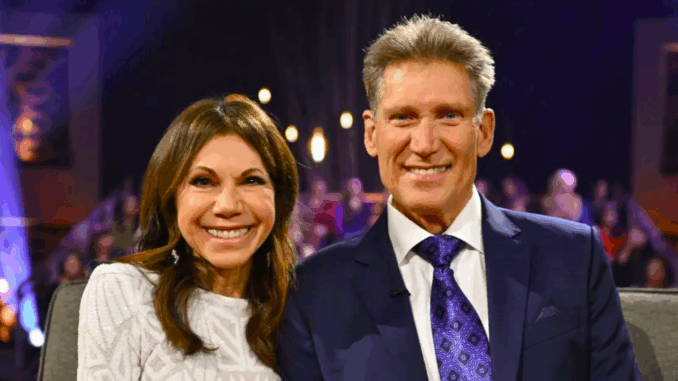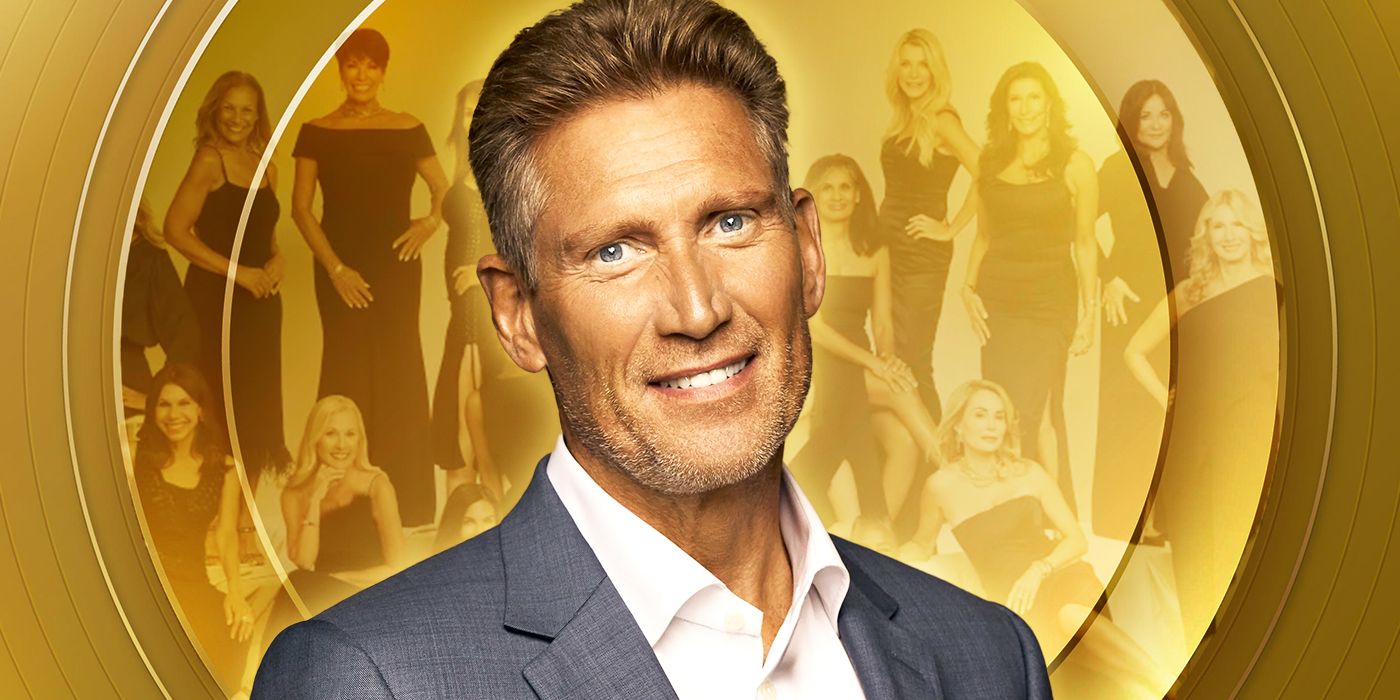
A Quiet Revolution in Primetime
In a television world dominated by youthful beauty, petty feuds, and overly scripted moments, The Golden Bachelor pulled off something rare—it dared to slow down. Instead of 20-somethings chasing Instagram fame and “clout,” it featured people in their 60s and 70s—widowed, divorced, wise, and wounded—looking for something real. The result wasn’t just another dating show. It was a cultural reset.
When ABC first teased The Golden Bachelor, many expected a gimmick. But what unfolded was tender, relatable, and often profound. From the first episode, it became clear this wasn’t a parody of The Bachelor format—it was a reframing of what it means to date, to love, and to take chances later in life.
Vulnerability Took Center Stage
Gerry Turner, the 72-year-old Indiana widower who became the face of the franchise’s new direction, offered something Bachelor Nation hadn’t seen in years: honesty without performative flair. When he cried, it wasn’t for dramatic effect. When he smiled, it felt earned. His conversations with the women were thoughtful and rooted in shared life experience, not staged awkwardness.
The show wasn’t afraid of the quiet moments. In fact, it welcomed them. Watching Gerry talk to a woman about losing her partner, or sit in silence during a slow dance, was more moving than any over-the-top “fantasy suite” drama from previous seasons.
This vulnerability became the heartbeat of the season. It showed that love is never simple—especially when it’s pursued after years of life, love, and loss.
Age Was Not a Limitation—It Was the Appeal
Mainstream media rarely gives center stage to older adults, especially in the romance genre. The Golden Bachelor not only gave them screen time—it gave them the narrative.
Contestants like Susan Noles, Joan Vassos, and Faith Martin weren’t portrayed as clichés or comic relief. They were full humans: stylish, intelligent, funny, cautious, and hopeful. Their stories weren’t about “still being young at heart,” but about being unapologetically themselves at this stage in life.
And viewers responded. Ratings for The Golden Bachelor were among the highest for the franchise in years. But more importantly, the show resonated far beyond its typical demographic. People in their 30s and 40s watched it with their parents. Social media buzzed with appreciation for seeing grandparents on dates. TikTokers called it “wholesome” and “emotional therapy.”
The Honesty of Love After Loss

A recurring theme throughout the season was grief—not as a footnote, but as a character in its own right. Many of the contestants, including Gerry, had experienced deep loss. Rather than shying away from it, the show leaned in. Conversations about what it meant to love again, to risk heartbreak again, became some of the season’s most unforgettable moments.
In one particularly moving episode, Gerry opened up about how difficult it was to let go of the past in order to embrace a new future. This wasn’t just TV romance—it was emotional realism. It gave viewers permission to process their own stories.
The series showed that finding love again doesn’t erase what came before. It adds to it. And for many watching at home, that message mattered deeply.
The Format Didn’t Change—But the Tone Did
Structurally, The Golden Bachelor followed the same beats as its predecessors: limo entrances, group dates, rose ceremonies, and a dramatic finale. But the tone was radically different.
There was less shouting and more listening. Fewer cocktail-fueled confrontations and more gentle revelations. Humor still had its place—Susan’s charisma and Joan’s wry smile brought levity—but it was the kind of warmth you find at a family dinner, not a nightclub.
By keeping the familiar structure but shifting the emotional focus, The Golden Bachelor showed that even long-running formats can be reinvigorated with care and intention.
A Legacy Already in Motion
The success of The Golden Bachelor has already created ripples in the television industry. ABC wasted no time announcing The Golden Bachelorette, casting Joan Vassos as the lead. Her storyline—leaving the show mid-season to support her family, only to be brought back as the leading lady—felt like fate.
The choice of Joan signals that ABC understands the value of mature, grounded storytelling. Her season is expected to explore what it means to pursue love as a woman who has prioritized others her whole life. It’s a natural continuation of the tone set by Gerry’s journey.
Other networks are taking notice too. Industry insiders report that similar age-forward concepts are being considered across streaming platforms and primetime slots. What was once considered “risky” is now being embraced as refreshingly real.
More Than Just a Show—A Reminder
The Golden Bachelor wasn’t perfect. Its finale drew mixed reactions. The quick separation of Gerry and Theresa stung, and some felt the show’s magic faded with that news. But in a way, that heartbreak only emphasized the show’s core truth: love is unpredictable. It’s not always a fairytale. But that doesn’t make it less valuable.
For many, The Golden Bachelor served as a powerful reminder: Life doesn’t end at 60. You can still laugh, cry, connect, and grow. You can still be scared. And yes, you can still fall in love.
In a genre long dominated by glossy surfaces, The Golden Bachelor dared to show the lines, the scars, and the silver hair—and in doing so, it gave reality TV its most authentic season in years.